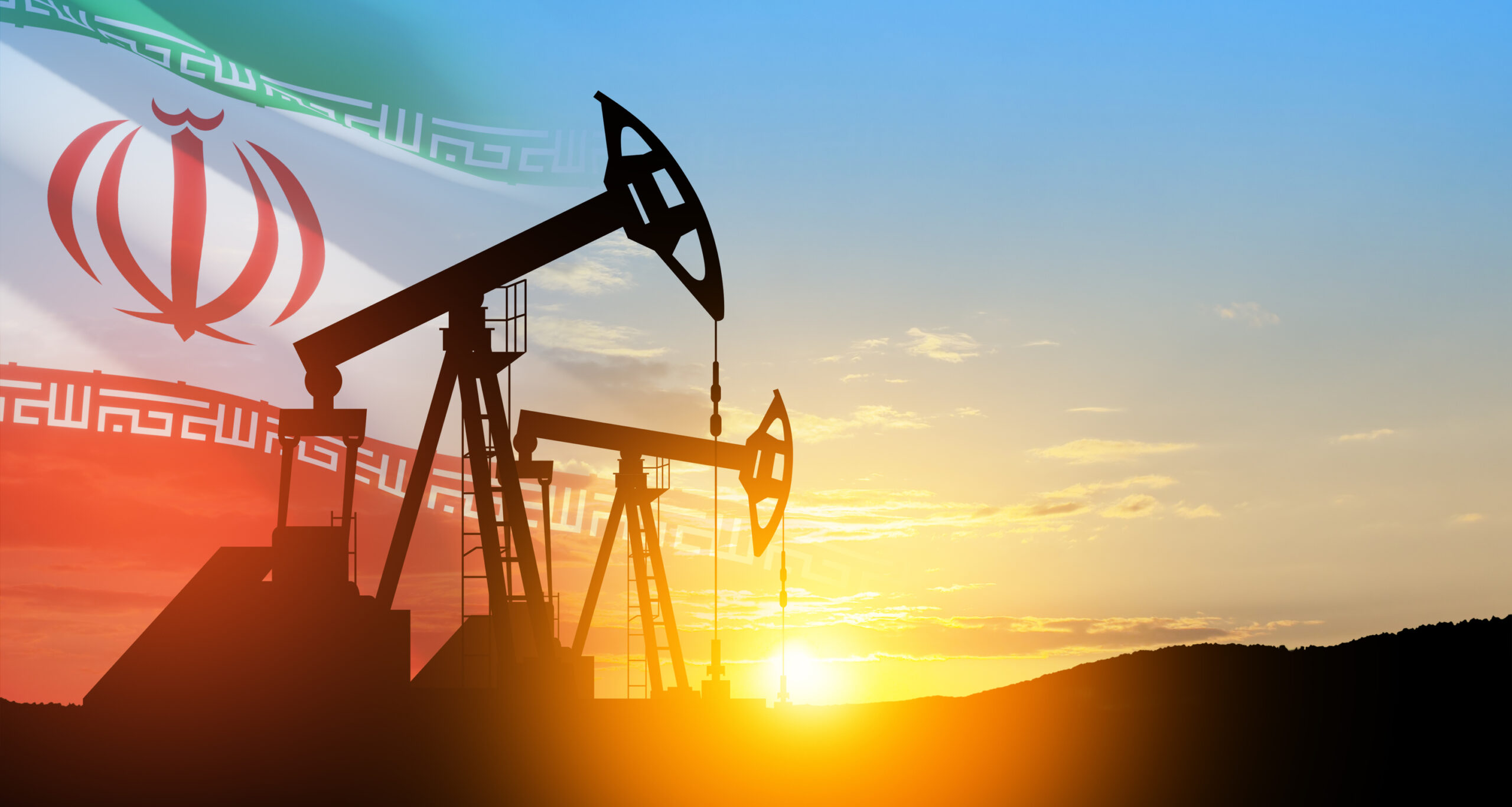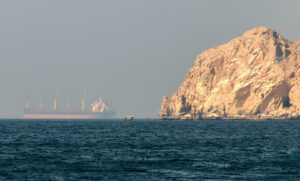The Trump administration unveiled new sanctions on Thursday against Iran’s Minister of Petroleum, Mohsen Paknejad, and on the “shadow fleet” and other vessels upon which Iran depends to deliver its oil to the People’s Republic of China (PRC), the US Treasury Department said.
The Iranian Foreign Ministry Spokesperson Esmaeil Baghaei has strongly condemned the US sanctions on a number of individuals including the minister of petroleum of the Islamic Republic of Iran as well as several oil tankers and commercial companies.
Referring to the claims by American officials about their readiness for negotiations, Baqaei stated that imposing sanctions by the US against Iran is yet another clear proof of the falsity of the claims and a further sign of their hostility toward the development, progress, and prosperity of the Iranian people.
The spokesperson described the US addiction to the policy of sanctions and pressure against independent countries as a violation of the rule of law at the international level and a threat to international peace and security.
He stressed, “The malicious actions of the US to disrupt Iran’s economic and trade exchanges with other countries constitute a blatant violation of the fundamental principles and rules of international law and free trade.”
“The Islamic Republic of Iran holds the US government responsible for the consequences and repercussions of such unilateral and illegitimate actions,” he added.
He described the US Treasury’s move to impose sanctions on the minister of petroleum as “disgraceful and contrary to all standards and norms of international law.”
He further asserted, “Such inappropriate actions cannot have the slightest impact on the national resolve of Iranians to defend Iran’s independence and dignity or on their efforts toward the development and prosperity of our country.”
Treasury designated on Thursday owners or operators of vessels that have delivered Iranian oil to China or lifted it from storage there, the US Treasury Department said. Those were in multiple jurisdictions, including India and China.
“The Iranian regime continues to use the proceeds from the nation’s vast oil resources to advance its narrow, alarming self-interests at the expense of the Iranian people,” said Scott Bessent, Secretary of the Treasury in a statement.
“Treasury will fight and disrupt any attempts by the regime to fund its destabilizing activities and further its dangerous agenda.”
Thursday’s designated vessels include a Hong Kong-flagged vessel, a Panama-flagged vessel accused by the US Treasury Department of transporting Iranian oil and using automatic identification system (AIS) manipulation to disguise its efforts to ship Iranian crude oil, a San Marino-flagged vessel for allegedly transporting tens of thousands of metric tons of fuel oil to China, and many other vessels, including several entities which serve as the owners, operators or managers of the vessels designated.
The U.S. Department of State also designated three entities and identified three vessels as blocked property in which these entities have an interest, it said.
The penalties aim to block them from using the U.S. financial system and prohibit American citizens from dealing with them.
As reported, violations of U.S. sanctions may result in the imposition of civil or criminal penalties on U.S. and foreign persons. OFAC may impose civil penalties for sanctions violations on a strict liability basis.
President Donald Trump imposed sanctions against Iran on more than 30 persons and vessels in multiple jurisdictions for their role in brokering the sale and transportation of Iranian petroleum-related products in February.
The sanctions imposed in February target, among others, oil brokers in the United Arab Emirates (UAE) and Hong Kong, tanker operators and managers in India and China.
The U.S. Department of State designated last month eight entities based in Iran, India, Malaysia, Seychelles, and the UAE for their involvement in the sale, purchase, and transportation of Iranian petroleum.
Additionally, eight vessels are being identified as blocked property in which these entities have an interest.



